Submission to RDTL National Parliament Commissions A and C
From Leo’s Hamates, 11 February 2009
1. A Commission requires more than one person. We believe that having only one Commissioner, with deputies who serve at his direction and pleasure, undercuts the strength, effectiveness and accountability of the ACC. It would be better to have, for example, five Commissioners, appointed by diverse authorities, and then have them elect a President.
2. Prevention is a prerequisite to accountability. Before this Commission is created, there must be legally‐established, government‐wide rules and policies to prevent corruption. These should establish transparency, accountability and checks and balances; define and prohibit conflicts of interest, soliciting, receiving or accepting bribes; require open and public tender processes; and protect journalists, sources and whistleblowers.
3. The Prosecutor must continue what ACC starts. Since the ACC’s only outlet for its findings is through the Public Prosecutor, the Prosecutor should be required to act within a specified time on cases presented by the ACC and to report back to the ACC on the results of its actions.
4. Citizens should be encouraged to bring information to the ACC, which should initiate cases if people provide compelling evidence. These voluntary sources, especially public servants, should be protected against retaliation, and the ACC should report back to them about the results of its investigations. In addition, since the ACC fulfills an important public trust, it should periodically publish reports on its activities.
5. The Proved or should be allowed to continue its work against corruption, although this work will have to be coordinated with the ACC. Furthermore, there should be a transition period to allow the ACC to become established before curtailing other anti‐corruption activities.
Section 34 strips the office of the Proved or of its powers to investigate corruption. As a result, the only avenue to punish corruption passes through just two individuals (the Anti‐Corruption Commissioner and the Prosecutor‐General), either of whom can subvert the process. Timor‐Lester will be stronger if multiple institutions have the mandate to monitor and work against corruption, provided they cooperate to avoid duplicating work on specific cases. This is already covered by Article 33 of the Proved or statute, and a similar article should be included in the ACC law.
Section 35 cancels the anti‐corruption mandates of other institutions immediately upon promulgation of this law. Although we believe this would be a mistake at any time (see previous paragraph), it is even more grievous if done instantly. After the ACC law is promulgated, it will take several months to appoint the Commissioner(s), establish internal regulations and procedures, set up an office, hire and train staff, develop relations with other bodies, etc.
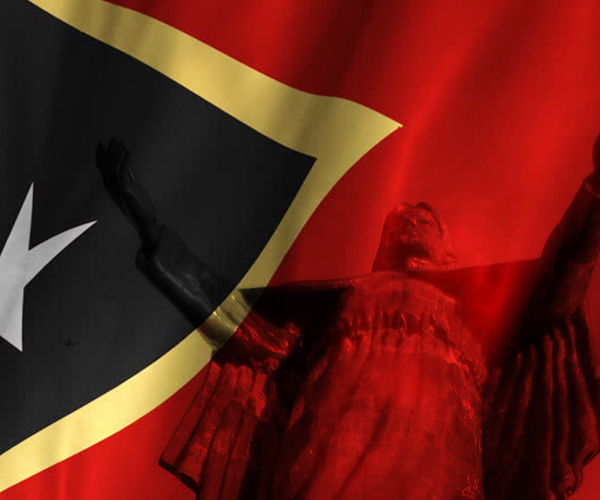


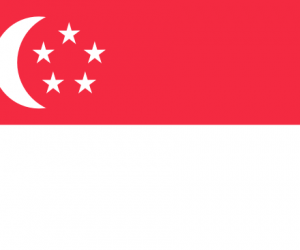
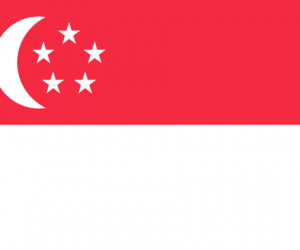
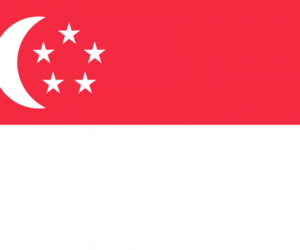
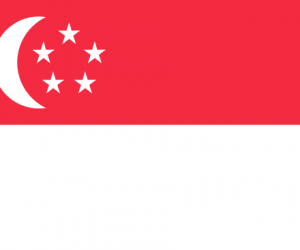
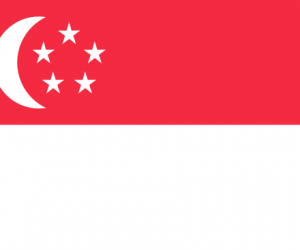
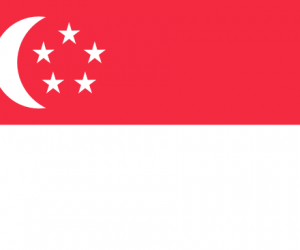
 We will not leak your personal information
We will not leak your personal information